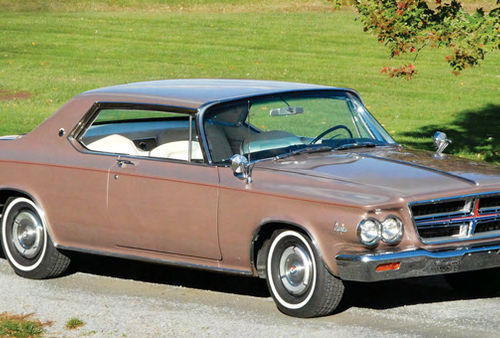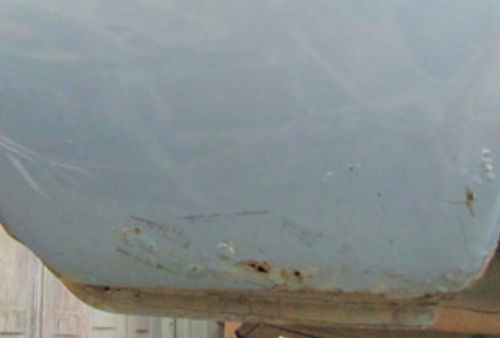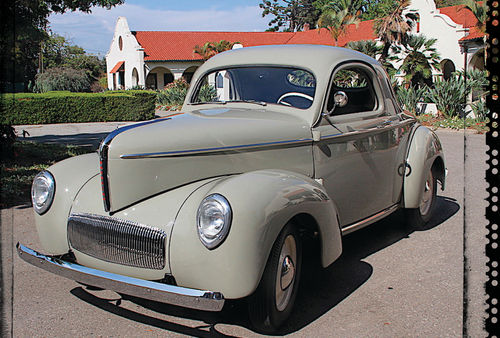From fuel injection to a carburetor?
Question:
I have recently acquired a 1984 Corvette with a 350 engine, the Doug Nash 4+3 transmission and the infamous Cross Fire fuel injection system. The car runs well when warmed up (above about 160 degrees F) but bogs severely on acceleration when it is cold.
I have been told that the Cross Fire fuel injection system is troublesome and difficult to tune properly. It was only offered for the 1984 year so it seems obvious that it was not considered to be a great success by Chevrolet.
The engine has about 10,000 miles since a rebuild by a reputable mechanic and seems to be quite sound.
I am considering swapping the fuel injection system out for an aftermarket intake and four-barrel carburetor. The alternative is to rebuild the Cross Fire system and hope for the best.
The car must continue to pass emissions testing so that also is a consideration. What do you recommend?
Answer:
GM Cross Fire Injection was an early electronic fuel injection system that did have its fair share of problems. While it can be made to run OK, a lot of people who are not concerned with maintaining their car’s originality choose to scrap it in favor of something else.
You mention swapping your injection system for a four-barrel carburetor and I highly recommend against that. Aside from the fact that you may find it more familiar, there’s no good reason to install older technology on your newer Corvette. A much smarter move would be to update to a more modern and much improved electronic fuel injection setup.
The most popular upgrade for Cross Fire cars is a switch to GM’s Tuned Port Injection. A quick Internet search will reveal scores of companies that sell everything from individual components to complete, turnkey systems.
Assuming the rest of the engine and the car’s related systems are in sound condition, your car will perform like a champ and pass the emissions test with a TPI setup.















